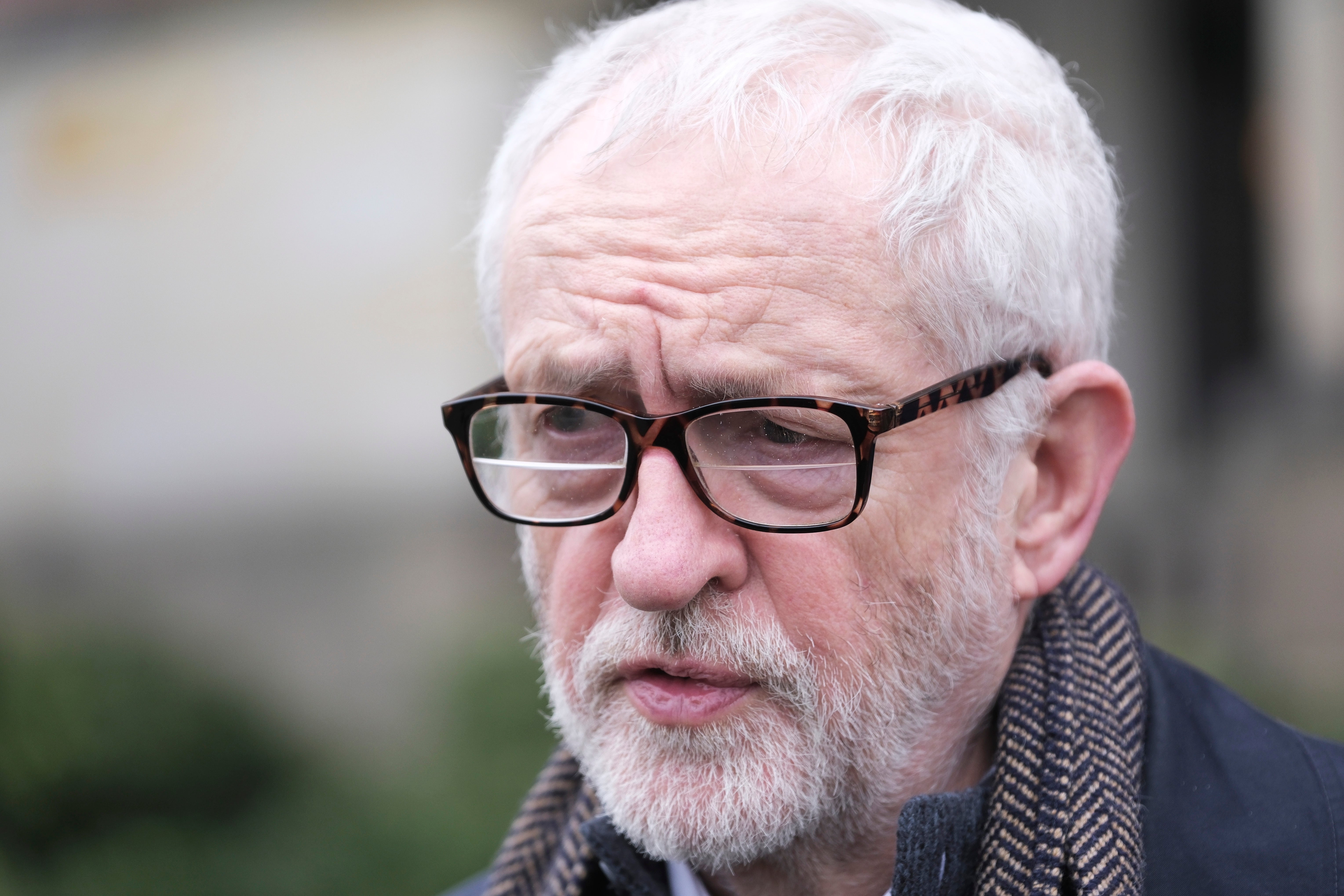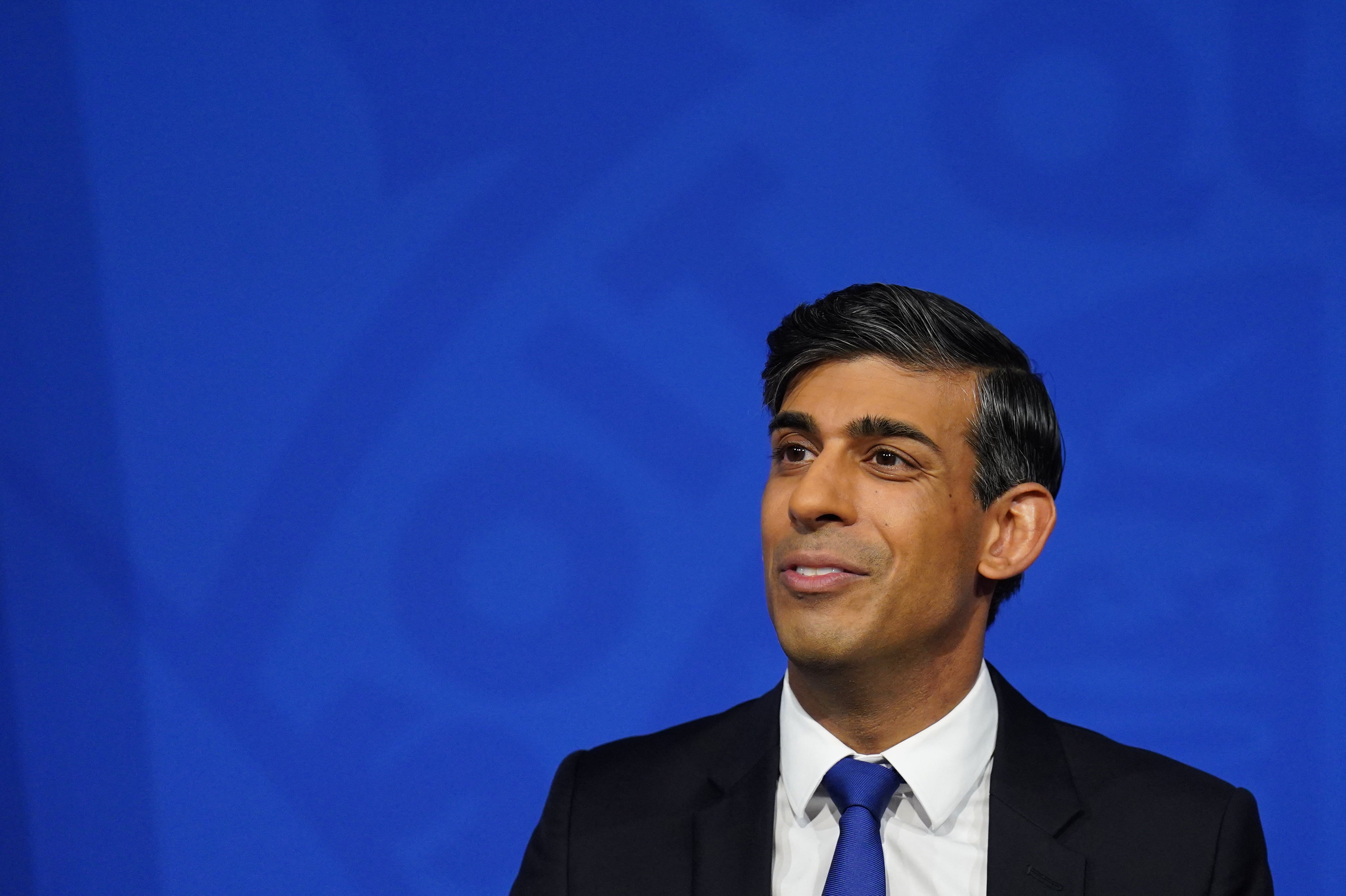Keir Starmer backs Yemen bombing and issues stern warning to ‘terror sponsors’ Iran
Exclusive: In an article for The Independent, the Labour leader doubles down on support for UK and US action and demands Iran-backed rebels stop Red Sea attacks, as a new missile strike turns up the heat in the Middle East
Sir Keir Starmer has reaffirmed his support for British and American bombing raids in Yemen and denounced Iran for “sponsoring terrorism”.
In an article for The Independent, the Labour leader defended his decision to offer strong support to Rishi Sunak for sending British forces into action against Houthi militants and acting in the “national interest”.
He appeared to give the green light to further US and UK military action saying “we must retain the flexibility to react with the necessary speed to threats”.

In a signal that he will not shirk from similar military action if he becomes prime minister, he warned “those who seek to damage Britain, to attack its interests and to threaten its people” that they should “be in no doubt as to the seriousness of our country’s resolve in response to their aggression”.
But he repeated his call for the prime minister to explain his actions to MPs in parliament on Monday.
He spoke out after being criticised by left-wingers close to Jeremy Corbyn for endorsing the bombing raids.
Former shadow home secretary Diane Abbott, who now sits as an Independent MP, accused Sir Keir of going back on a pledge in his leadership campaign against Mr Corbyn.
A staunch critic of Nato, Mr Corbyn has repeatedly opposed military intervention by western nations and declined to call Hamas a terrorist organisation in a television interview in November.
She claimed Sir Keir had said he would “only back war if it was legal, had a viable objective and parliament gave consent”.
Ms Abbott said the current action in Yemen “has none of these, yet he (Starmer) supports it”.
In his article for The Independent, Sir Keir did not mention his predecessor as Labour leader by name but emphasised he took a very different approach to military matters.
The Houthi raids on shipping “must stop” and it was “right that Britain plays its part” in ending them, he said.

Sir Keir added pointedly: “Under my leadership, the Labour Party has never wavered from its commitment to Britain’s defence and leading on the international stage.”
As thousands gathered in cities across the UK and Europe to protest against Israel’s war in Gaza, as well as strikes on Yemen, Sir Keir said taking military action is “the most serious and grave decision facing any government”.
He added: “The attacks by Houthi rebels on commercial ships in the Red Sea threaten one of the world’s most important trade routes and put the lives of British civilians and military personnel in danger.
“They must stop, and it is right that Britain plays its part, alongside our allies, in deterring these attacks.”
His intervention came after a second day of strikes against rebel-controlled sites in Yemen, with the US launching a “follow-on action” against a Houthi radar site.
In the early hours of Friday morning, in response to weeks of drone and missile attacks on commercial ships in the strategically crucial Red Sea, US and UK warplanes, ships and submarines hit 28 locations and struck more than 60 targets.
The Hamas-backing Houthis claim they are only targeting vessels linked to Israel in one of the world’s busiest shipping routes, because of the war in Gaza.
The Labour leader urged Britain to pursue a diplomatic resolution to the crisis to bring about “peace and regional security”, but he called out Iran for playing a destabilising role.
He said: “Alongside essential military action, the UK must continue to pursue a diplomatic track – at the UN and through our discussions with regional players – that reduces the risk of a dangerous further escalation of the conflict. The Iranian regime continues to play a destabilising role in the region, as a sponsor for terror.”
His words echoed those of foreign secretary Lord Cameron, who said the strikes sent a “very clear message to the Houthis – but also to Iran as well”.
“This escalation has been caused by the Houthis. And this action is in response to that to send a very clear message that if you act in this way, there aren’t just warnings there are consequences,” the former prime minister told NBC.
Amid criticism of Mr Sunak for authorising strikes without consulting MPs, Sir Keir said he understood Britain had to react “with the necessary speed” to threats.
But he called on Mr Sunak to make a statement in the House of Commons on Monday to “reassure the public as well as explain how we will protect British interests and guard against the threat of escalation”.

As the strikes began, a joint statement from countries including the UK and the US said the action had been taken “in accordance with the inherent right of individual and collective self-defence”.
Mr Sunak added: “Despite the repeated warnings from the international community, the Houthis have continued to carry out attacks in the Red Sea, including against UK and US warships just this week.”
The PM said the Houthis’ actions “cannot stand”, and that his government had decided to take “limited, necessary and proportionate action in self-defence” alongside the US.
Join our commenting forum
Join thought-provoking conversations, follow other Independent readers and see their replies
Comments
Bookmark popover
Removed from bookmarks